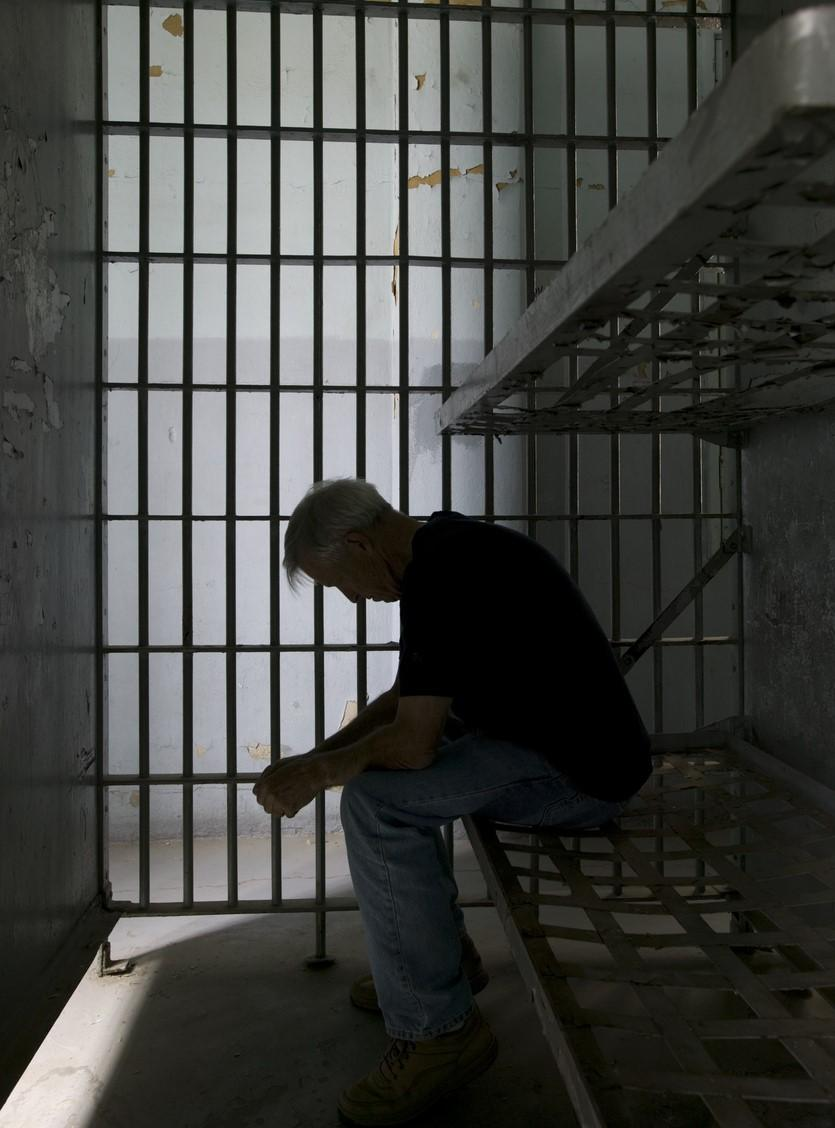
Many cases of tuberculosis (TB) in prisons in Europe and the Americas during the COVID-19 pandemic were likely missed, putting both inmates and the community at risk for the deadly bacterial disease, Boston University (BU)-led researchers propose in The Lancet Public Health.
The study team analyzed data from the World Health Organization's (WHO's) Pan American Health Organization (PAHO; 22 of 39 countries) and WHO Europe (25 of 53 countries) to model and predict prison populations and TB infections among 4.9 million inmates from 2020 to 2022.
Case notifications fall up to 100%
TB notifications in prisons were much lower than predicted in 2020 (-26.2%), 2021 (-46.4%), and 2022 (-48.9%). These trends were consistent across Europe and the Americas, but larger drops occurred in countries with lower TB rates (low burden) in 2020 (-54.8%) and 2021 (-68.4%), high-burden settings in 2021 (-89.4%), and Central and North America in 2021 (-100.3%).
Reasons for this change in tuberculosis notifications might be multifactorial and include missed diagnoses and implementation of COVID-19 pandemic measures, reducing transmission.
Incarceration rates were similar to predicted levels (under 10% overall difference) during the entire pandemic.
"Reasons for this change in tuberculosis notifications might be multifactorial and include missed diagnoses and implementation of COVID-19 pandemic measures, reducing transmission," the authors wrote.
In a BU news release, first author Amy Zheng, MPH, a PhD student, said, "When countries are unable to detect tuberculosis in high-risk populations—such as people who are incarcerated—it increases the risk of transmission, both within prisons and to the broader community, when people are released from prison."
In a related commentary, Emma Plugge, MD, PhD, of the University of Southampton in England, and Nicola Cocco, MD, of ASST Santi Paolo e Carlo in Milan, Italy, said that while prisons released some inmates to slow COVID-19 transmission, the efforts were inconsistent across countries and didn't result in meaningful population decreases.
"Efforts to tackle tuberculosis inside prisons must be redoubled as they have outside," they wrote. "Such actions will have a positive effect on the whole community; no one is safe until we are all safe."


.jpg)











